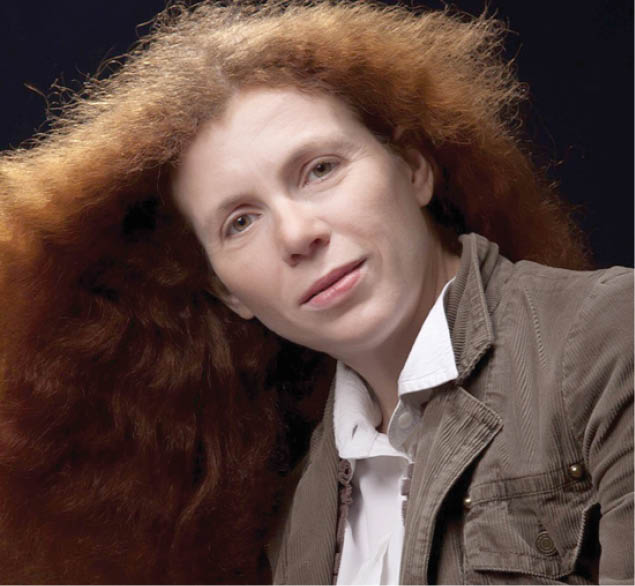Project exile: Russian journalist flees after car fire, faeces attack
A decade ago, Russian journalist Yulia Latynina thought dissidents who compared President Vladimir Putin’s rule to the Soviet times were ridiculous. “Five to 10 years ago, I would never fear for my life and I would just laugh at people who would compare the situation with the Soviet” era, she says. Latynina has long hosted a […]

A decade ago, Russian journalist Yulia Latynina thought dissidents who compared President Vladimir Putin’s rule to the Soviet times were ridiculous.
“Five to 10 years ago, I would never fear for my life and I would just laugh at people who would compare the situation with the Soviet” era, she says.
Latynina has long hosted a popular talk show on the independent broadcaster Radio Echo Moscow and is a columnist for Novaya Gazeta, a newspaper critical of Putin. Yet in 2008, she turned to Russia’s security service, the FSB, when she felt threatened for her critical views on Russia’s war with neighboring Georgia over the breakaway Caucasus regions of Abkhazia and South Ossetia. At that time, the state was still willing to protect a Russian journalist, even a critic.
However since Russia’s 2014 invasion of Ukraine, things have changed, says Latynina, in an interview with Global Journalist. Attacks against journalists, opposition politicians and activists have been outsourced to people close to the Kremlin, such as Putin associate Yevgeny Prigozhin, she adds. The state will no longer shield its critics.
“The red line is crossed,” she says, in an interview with Global Journalist. “Now it’s quite different. There’s obviously no way I’m going to be protected.”
Indeed, Latynina is no longer laughing about security threats. In 2016, as she was walking in central Moscow, a man in a motorcycle helmet threw a bucket of faeces on her. In July 2017, someone sprayed a noxious chemical all around the house she shared with her elderly parents, sickening two children who lived next door. In September 2017, her parked car was set on fire. To date, there have been no prosecutions in any of the incidents.
Given the frequency with which Putin’s opponents have turned up dead and Russia’s continuing pressure on independent journalists, the attacks were hard to ignore. Shortly after her car was torched, Latynina and her parents fled the country. They’re now living in a different European country, which Latynina won’t disclose out of fear for her safety.
Yet even from abroad, she continues to write for Novaya Gazeta and host the Radio Echo Moscow program “Access Code.” Latynina, who has also written more than 20 books, spoke about the Kremlin’s outsourcing of political violence and the climate for free expression in Russia. (GLOBAL JOURNALIST)
